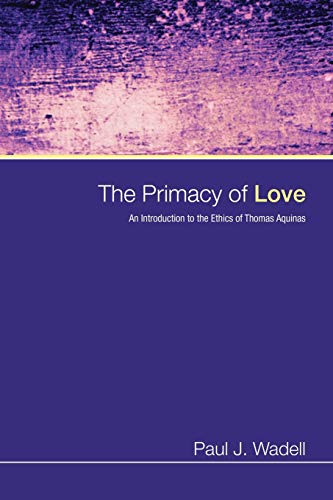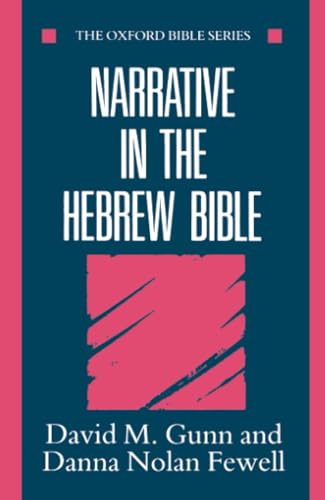Evangelical Spirituality (from the Wesleys to John Stott)
Written by James Gordon Reviewed By Robert J. ShimwellRecent interest in Christian spirituality has centred on the Catholic and Orthodox traditions. It is good to be able to welcome a volume on the hitherto neglected subject of evangelical spirituality. It has been fashionable (and the discussion has emerged again only recently) to admit to a lack of identity in the evangelical camp. James Gordon, minister of Crown Terrace Baptist Church, Aberdeen, has gone a long way towards healing this lack.
Having said that, he is almost hoisted by his own petard right at the outset of this study. The opening words of his preface state that ‘the meaning of the term spirituality is elusive and successfully evades most attempts to capture it’. Then, seeking to define it, he is constantly broadening his horizons according to the differing emphases of the subjects he is studying. Central themes therefore that define evangelical spirituality are ‘grace unspeakable’ (P.T. Forsyth), a trinitarian framework (Martyn Lloyd-Jones), Christlikeness and a deeper rootedness in Christ’s love (R.W. Dale), the will of God accomplished in the Christian (Jonathan Edwards), regular devotion (Hannah More), meditation (Frances Ridley Havergal), Bible-reading and prayer (Bishop Ryle), experience of the Christian community (J. Wesley), and grace received in the ordinance of the Lord’s supper (H. Bonar). Skilfully, through the 11 studies that make up the book, he weaves these strands into a carefully balanced and exciting series of principles that display the spirituality he is expounding.
Gordon’s method is one of the keys to his success. His interest in this area was ‘aroused by an invitation to deliver a lecture on Evangelical Spirituality as one of a series on Christian Spirituality. I chose to study the Olney Hymnbook, including the theology and experience of its joint authors.… The differences suggested an exploration of evangelical spiritual life by comparing, and contrasting two contemporary examples’ (Preface, p. vii).
So in 11 studies we get a double bonus by looking at 22 evangelical ‘greats’, each paired (sometimes inevitably, sometimes surprisingly) with a foil for contrast: John and Charles Wesley, Jonathan Edwards and George Whitefield, John Newton and William Cowper, Charles Simeon and Hannah Moore, Horatius Bonar and Robert Murray McCheyne, Robert W. Dale and Charles H. Spurgeon, Dwight L. Moody and Frances R. Havergal, C.G. Moule and John C. Ryle, Peter T. Forsyth and George Campbell Morgan, David Martyn Lloyd-Jones and John R.W. Stott.
Two chapters were outstanding in my reckoning. The chapter which originally fired the book on John Newton and William Cowper is an excellent study of these two men. Maybe Gordon is a little too kind to Newton at times, but the depth and pain of Cowper’s depression is sensitively and carefully explored (perhaps suggesting a deeper and more detailed study of the relationship between these two men’s temperaments and spiritualities might well be worth while). Against the backdrop of Cowper’s desolation and doubt, Newton’s confident faith and assurance contrast well. I felt Cowper emerged a more real person; Newton’s security is uplifting and reassuring, but sometimes ideal?
The other outstanding chapter is the one on Martyn Lloyd-Jones and John Stott. Having had the privilege of talking with Martin-Lloyd-Jones on the subject of evangelical and denominational allegiance at a crucial stage in my calling to the ministry, and having had the equal privilege of following John Stott’s example of Anglican ordination, I identified completely with the tensions the chapter portrays. The contrast between these two men of faith and leadership, appropriately left to the last study, sums up all the richness of evangelical spirituality: lived doctrine with its need for intellectual engagement, and grace experienced with its need for intimate communion with Christ.
Three caveats: first, a pity there were no Christian Brethren in the chosen 22. A deep vein of spirituality remains untapped here. Second, what about evangelicalism prior to 1730? Gordon addresses this on p. 7, but I feel the book would be richer without the artificial historical limitation. Third, in these days when we are all encouraged to be good Europeans, is Gordon right to reserve the right to shape evangelical spirituality from within the history of these islands alone?
Detailed indexing, Scripture reference indexing, and well-constructed notes and bibliographies at the end of each chapter make for ease in study. Maybe the book is a bit expensive as a paperback, but well worth the money spent as a launch pad for further study and reading.
Robert J. Shimwell
Wirral







